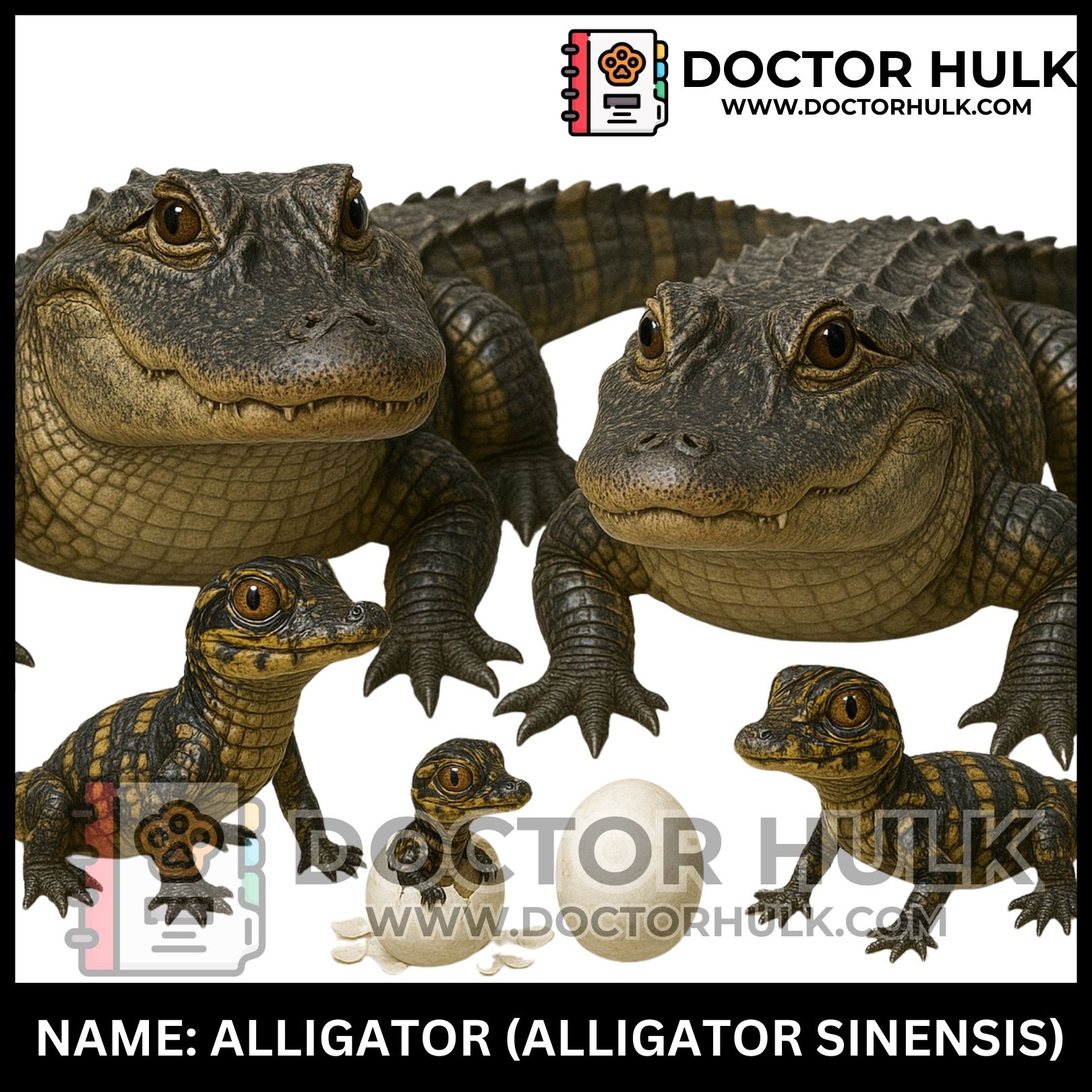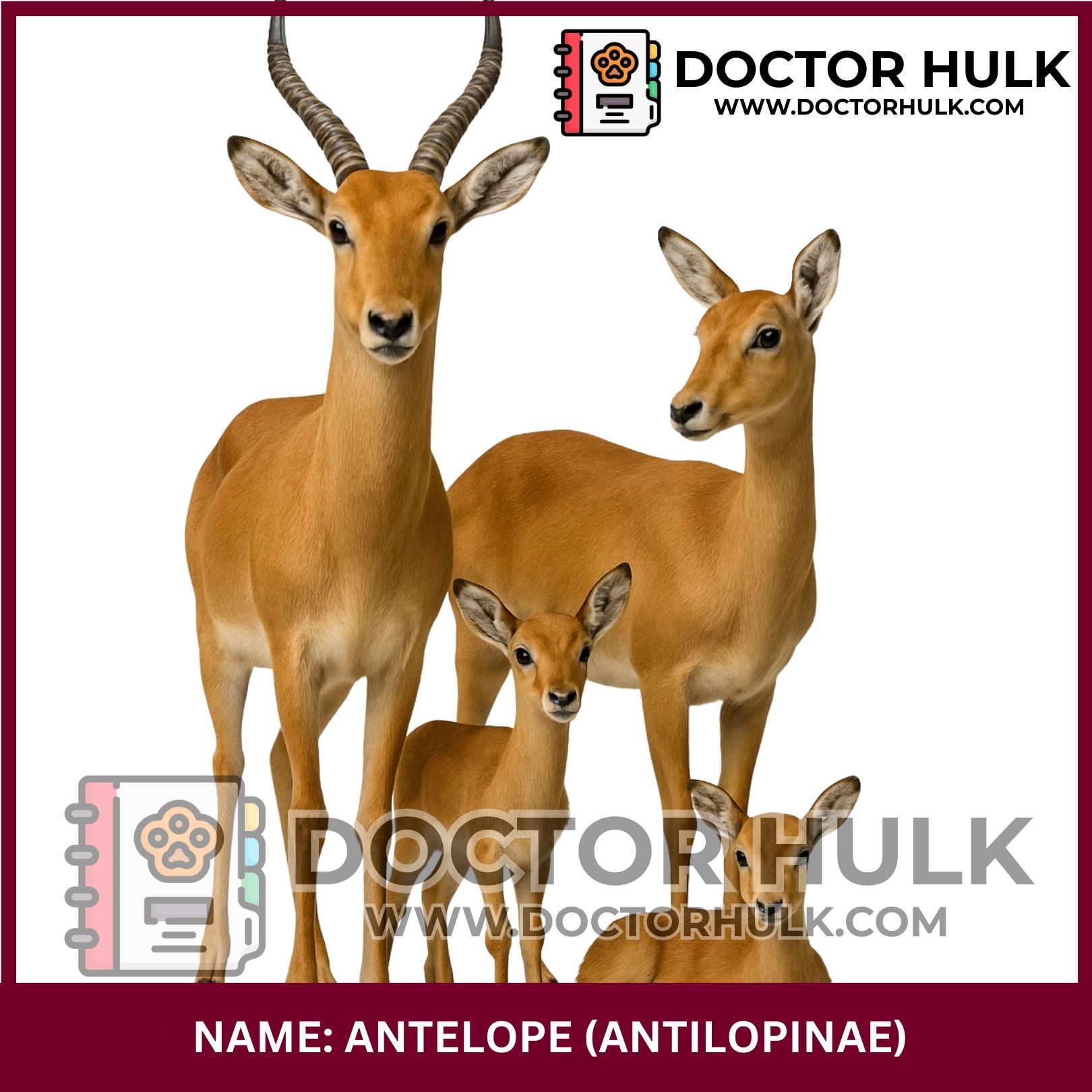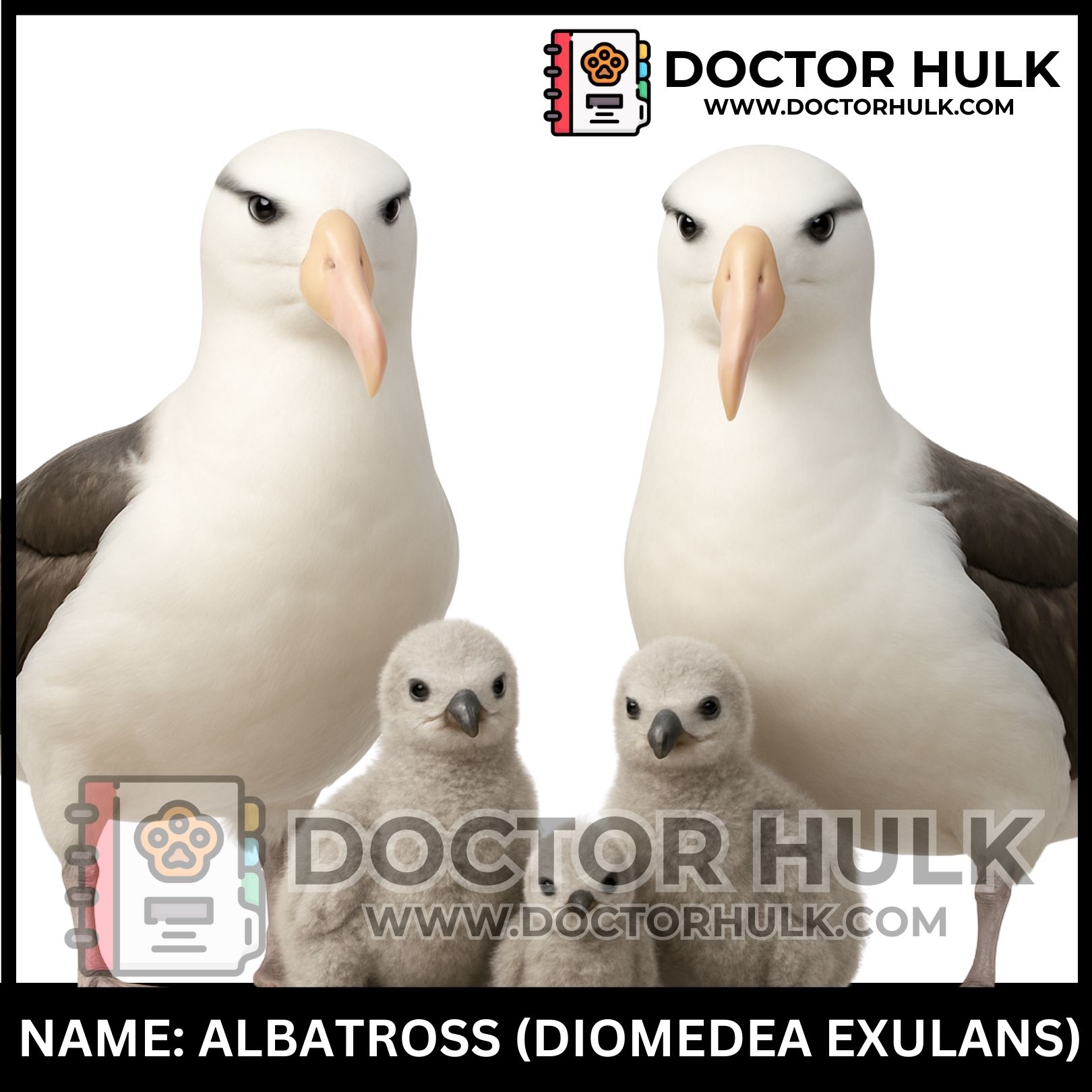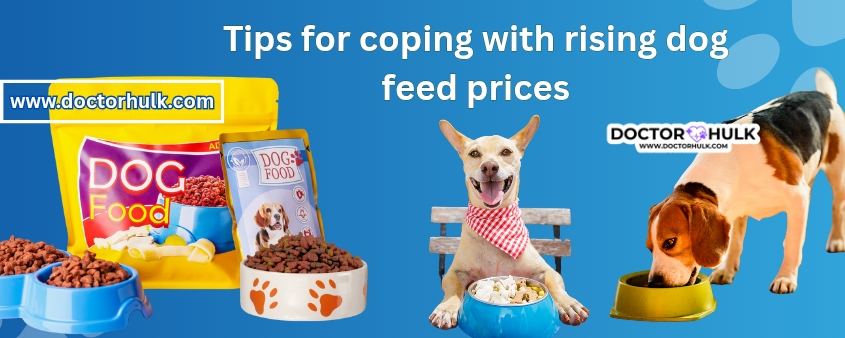Feeding your dog well has become a challenge for many Nigerian pet owners. With rising food prices, unstable exchange rates, and high transportation costs, dog food prices have soared across the country. But don’t worry, keeping your dog healthy doesn’t have to drain your wallet. With a few smart strategies, you can manage the cost of feeding while ensuring your pet gets all the nutrients it needs.
Why dog food prices are increasing

Image showing shelves of imported and local dog food brands with price tags (source: Pexels)
There are several reasons why dog food has become more expensive in Nigeria:
- Inflation: Prices of everyday goods, including pet food, have risen nationwide.
- Import dependence: Many popular brands import ingredients, so exchange rate changes increase prices.
- Higher demand: More Nigerians are now keeping pets, which raises demand.
- Transportation costs: Rising fuel prices make delivery and logistics more expensive.
Despite these challenges, you can make smart feeding choices to save money while keeping your dog healthy.
1. Buy in bulk and save more
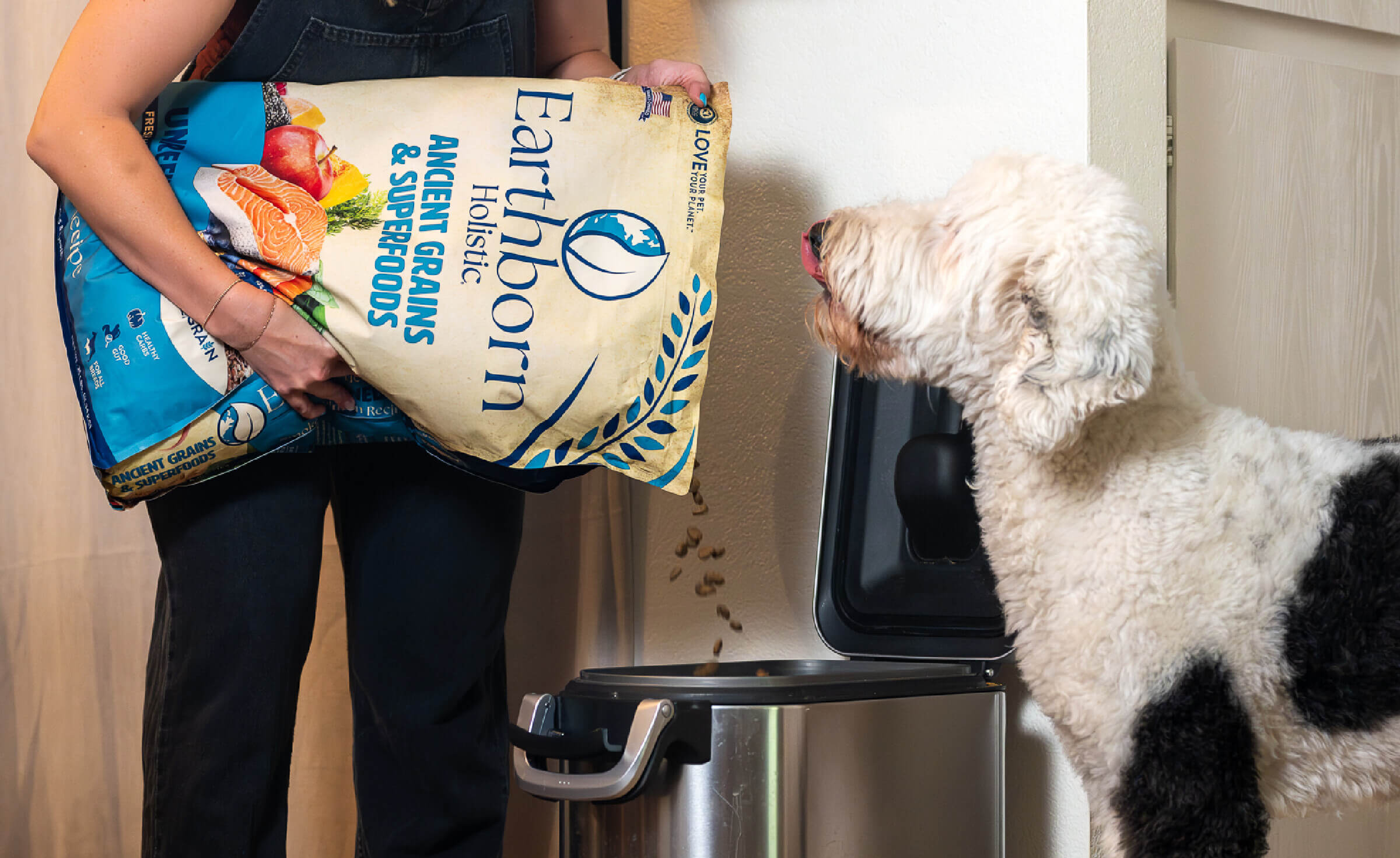
Image showing a pet owner pouring dog food from a large bag into an airtight container (source: Earthborn holistic)
Buying large quantities of dog food, such as 10kg or 25kg bags, usually saves money compared to smaller packs. For instance, if 10kg bag cost ₦15,000, while five 2kg packs could total ₦18,000, meaning you’d save ₦3,000.
Tips:
- Store dry food in airtight containers to prevent spoilage or insects.
- Team up with other dog owners to buy in bulk and share.
- Label containers with purchase dates to track freshness.
2. Choose quality Nigerian-made dog food
Locally produced dog food is usually cheaper because it avoids import duties and shipping costs. Many Nigerian brands now use fresh, home-grown ingredients.
Before buying:
- Check the label for nutrients like protein, carbohydrates, fats, and vitamins.
- Read online reviews or ask trusted dog owners for recommendations.
- Compare local and imported options, some local foods are up to 50% cheaper yet still nutritious.
3. Combine commercial feed with homemade meals
You can stretch your dog food supply by combining store-bought kibble with healthy, homemade additions. This hybrid approach keeps meals affordable and nutritious.
Try mixing 50% kibble with 50% homemade food, such as:
- Boiled rice or yam with cooked fish or eggs.
- Vegetables like carrots, pumpkin, or spinach.
- A few drops of palm oil or fish oil for a shiny coat.
⚠️ Avoid harmful foods like onions, garlic, chocolate, spicy meals, and raw meats.
4. Use budget-friendly protein alternatives
If meat prices are high, try affordable protein substitutes:
- Chicken heads, feet, or gizzards.
- Market fish scraps (always cooked).
- Eggs or small portions of beans.
- Leftover meat parts from abattoirs (well-cooked and boneless).
These alternatives still provide essential nutrients for muscle growth and energy.
5. Store food properly to prevent waste
Wasting food means wasting money. Store your dog’s food correctly to make it last longer:
- Keep dry food in sealed containers away from moisture.
- Avoid leaving food exposed to air or pests.
- Serve measured portions — avoid overfeeding.
Let’s take for example, if your 10kg bag lasts 4 weeks instead of 3 because of good storage, you save a whole week’s supply.
6. Take advantage of subscription or bulk plans
Some pet stores and vet hospitals offer monthly subscription packages that include discounts or bonuses for regular customers.
- Ask your vet if they have a feeding plan or loyalty discount.
- Some breeders and pet groups also sell food in bulk at reduced prices.
7. Feed the right amount, not too much
Overfeeding your dog wastes food and causes obesity. Follow feeding guidelines on your dog food pack or ask your vet for advice based on your dog’s breed, weight, and age.
- Split meals into two or three portions a day.
- Avoid feeding table scraps or giving in to begging.
8. Keep Your Dog Healthy to Avoid Extra Costs
Healthy dogs eat better, digest food efficiently, and cost less to maintain. Make sure your pet:
- Visits the vet regularly.
- Gets vaccinated and dewormed.
- Has clean water daily to aid digestion.
Prevention is cheaper than treatment, a healthy dog needs less special food and fewer medications.
If you need professional help creating a cost-effective feeding plan for your dog, you can reach out to us at Doctor Hulk Veterinary Hospital, we can design affordable and nutritious meal plans that suit your dog’s needs and your budget. Reach out to us through 08143397614.




